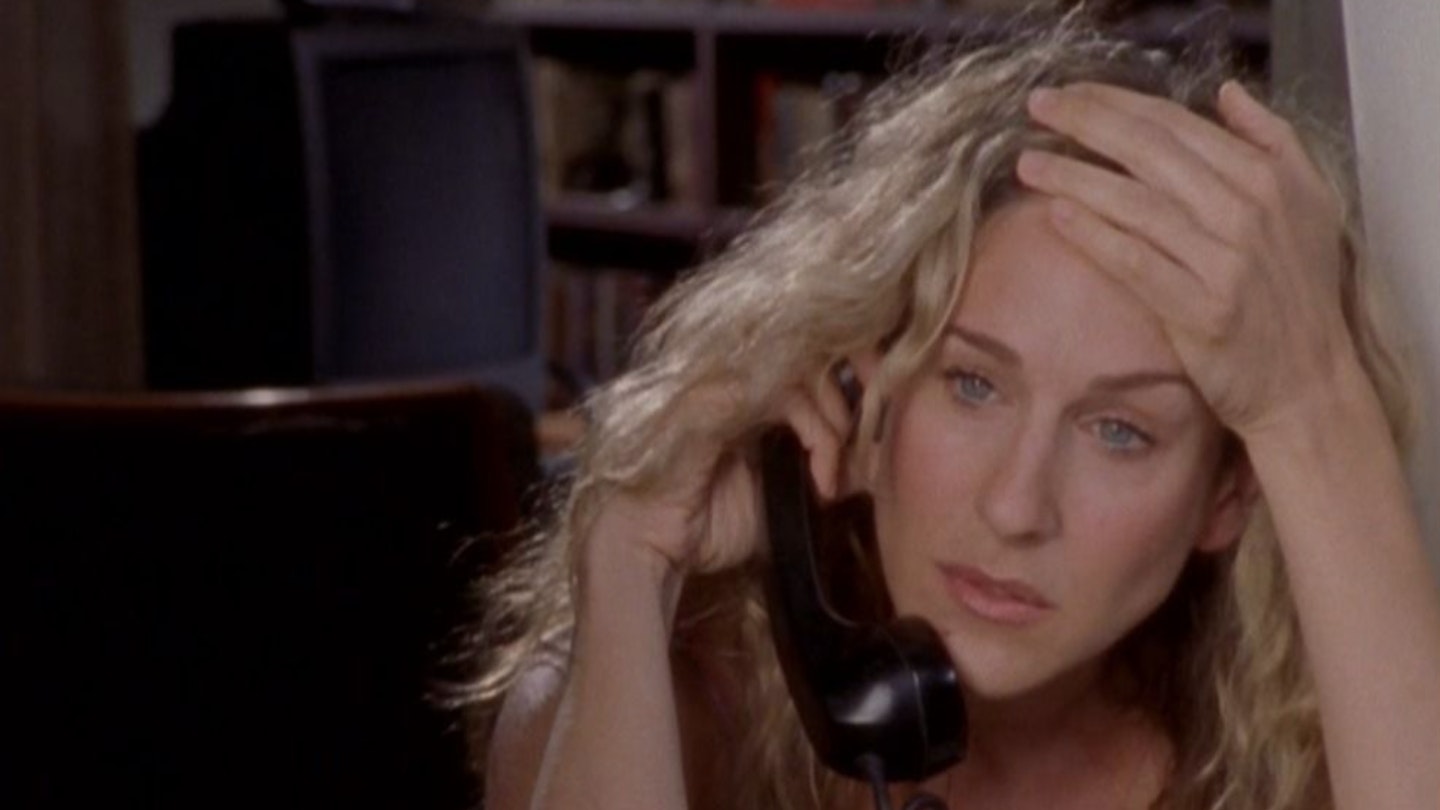After almost three years of pandemics, political dishonesty, and relentlessly unprecedented times it came as no shock that a new study has revealed Covid has left a third of young people feeling like their lives are spiralling out of control.
And, you know what? They’re right. The pound has hit rock bottom, the energy crisis seems endless, the cost of living crisis is crippling and the Tories are busy issuing Instagram apology statements like they’re a fast fashion brand with no constructive agenda.
In the same study, conducted by The Prince’s Trust, researchers found that 60% of 16-25-year-olds are scared about their generation’s future. Meaning, more than half of those who are meant to be young wild and free instead feel untethered, scared, and stressed. Heartbreakingly, one in three think that their career prospects will never fully recover from the coronavirus pandemic.
Really, young people aren’t alone in their fears for what’s to come in the next few years. Though the seismic portion of the lives hangs more delicately in the balance, we’re all worried about where the future is headed in this time of numerous crises.
Is it normal to feel terrified about the future?
‘Anxiety is normal and to be expected at times like this,’ psychotherapist Noel McDermott tells Grazia of future fears. ‘We have been through several years now of major upheavals, for young people in particular economic fears will be understandable and normal.
‘Normally when people feel anxious, they project it onto future events and exaggerate the risks involved,’ he continues. ‘We say they catastrophise, so it’s normal but not helpful. There are real issues for young people economically so there are genuine risks, but they won’t be helped by allowing anxiety to take over.’
How can I stop myself from panicking about the future?
According to Noel, the most effective techniques to prevent panic are:
‘A - physical; learn relaxation, learn managed breathing, ensure you meet basic biological needs for rest/food/hydration’.
‘B - reduce stimulation by drinking less alcohol and caffeine, manage exposure to news etc that makes you worried, [and] exercise 20 minutes 3-4 times a week with a sweat and outdoors if possible.
‘C - cognitive, use CBT tools to identify “hot” thoughts and stop them, use balanced thinking techniques to reality check, use relaxation and breathing around hot thoughts to reduce triggering from them, bring your awareness to here and now issues such as your breathing or body scans to manage.
‘D - with disassociation from anxiety use elastic band snapping on wrists, if in a safe place jumping flat footed to re-engage body, loud shouting or banging pots together etc
‘E - learn mindfulness and in particular learn observer position thinking and exercises.’
How do I stop anxiety about the future?
‘Primarily don’t live in the future,’ says Noel of avoiding future anxiety. Learning mindfulness is essentially learning how to decide what to think about. It’s learning we have choice over our preoccupations.
‘Practice this skill by giving yourself an object, say a hanky with a nice smell on it,’ he continues. ‘When you catch yourself “future thinking” take out the hanky to smell it to bring you to the here and now. Doing this will help you take back control of your mind and stop you from what is called rumination (going over and over unpleasant scenarios).’
Is there are a way to safeguard my mental health in this time of turmoil?
Thanks to the stress of the cost of living crisis, many of us are wondering how we can best protect our mental health right now. Alongside his key techniques, Noel recommends making time for enjoyment. ‘Do fun stuff that makes you happy,’ he says. ‘Meet your body’s needs, get lots of hugs, go outside loads to the park, countryside etc, get a pet, buy flowers to care for or do gardening, another good idea is voluntary work (this is good for your cv and mental health but also good for others).’
